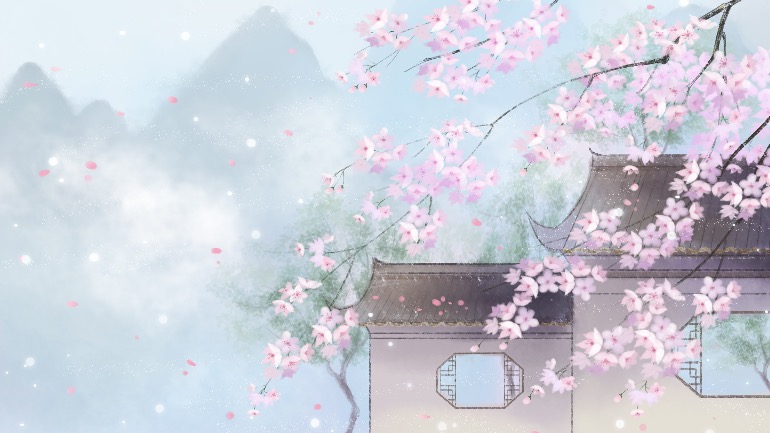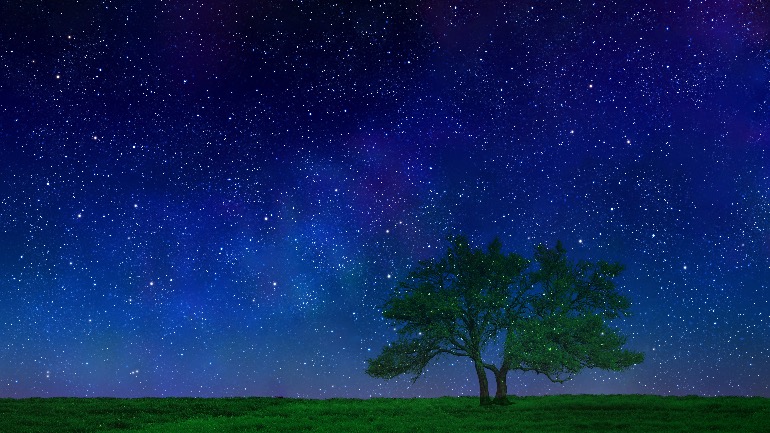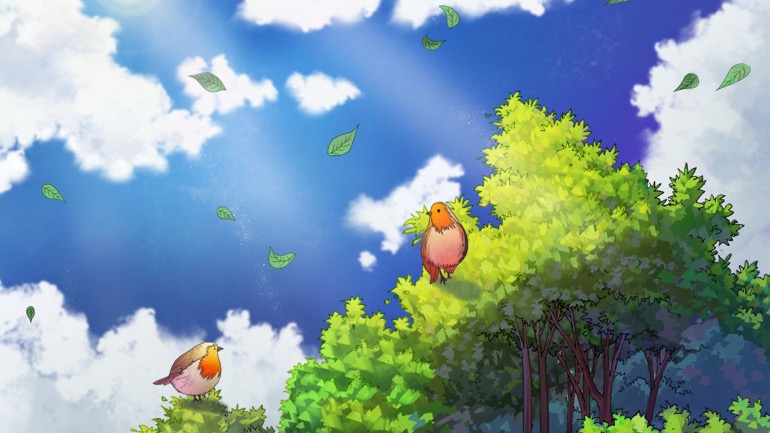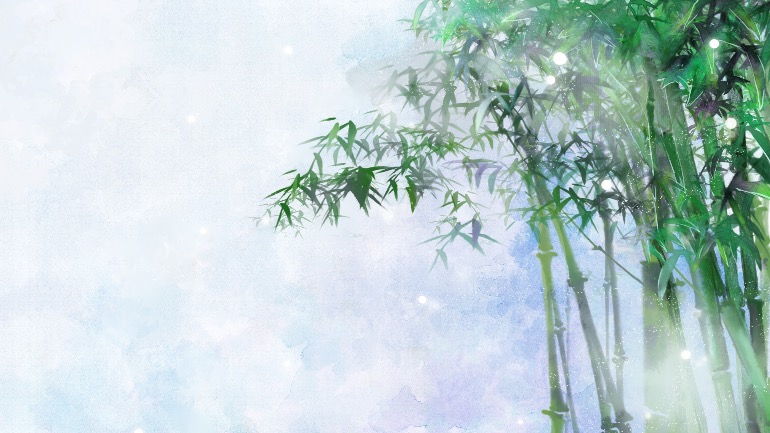Mind “free of clinging and concepts” means emptiness, the void nature of all phenomena. Most of you may not have realized emptiness, but there is no need to be anxious. Once you have generated renunciation and bodhicitta, realization of emptiness can be rather easy to accomplish after all. Conversely, trying to realize emptiness without cultivating renunciation and bodhicitta first will be like making rice out of sand.
To use another analogy, it will be easier to harvest when seeds are sown in springtime. Whereas in wintertime, due to a lack of the requisite conditions, seeds sown in this season may not yield any crop no matter how much effort has been made. That is to say, when all the necessary conditions are in place and ripe for happening, things will naturally take their courses as wished.
The standard set in the texts regarding actual practice, say, the practice of the six paramitas, is to do it while realizing at all times the empty nature of all phenomena. For example, when releasing life of other beings, one should realize that the person who releases (oneself), the beings released and the act of releasing are all without self-nature and hence illusory like dreams. That is, the action performed is free of the concept of a doer, an object and an action. This constitutes the second of the Three Supreme Methods.











